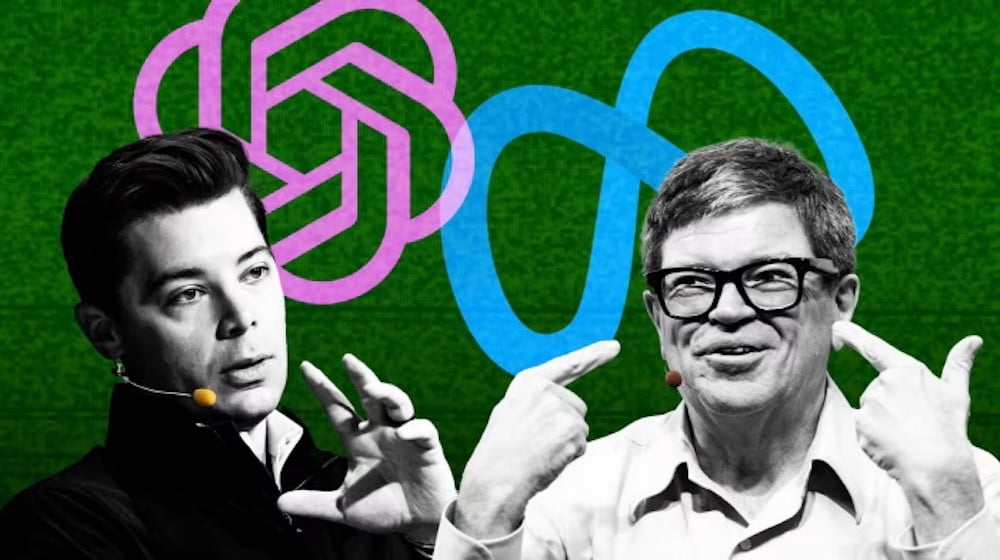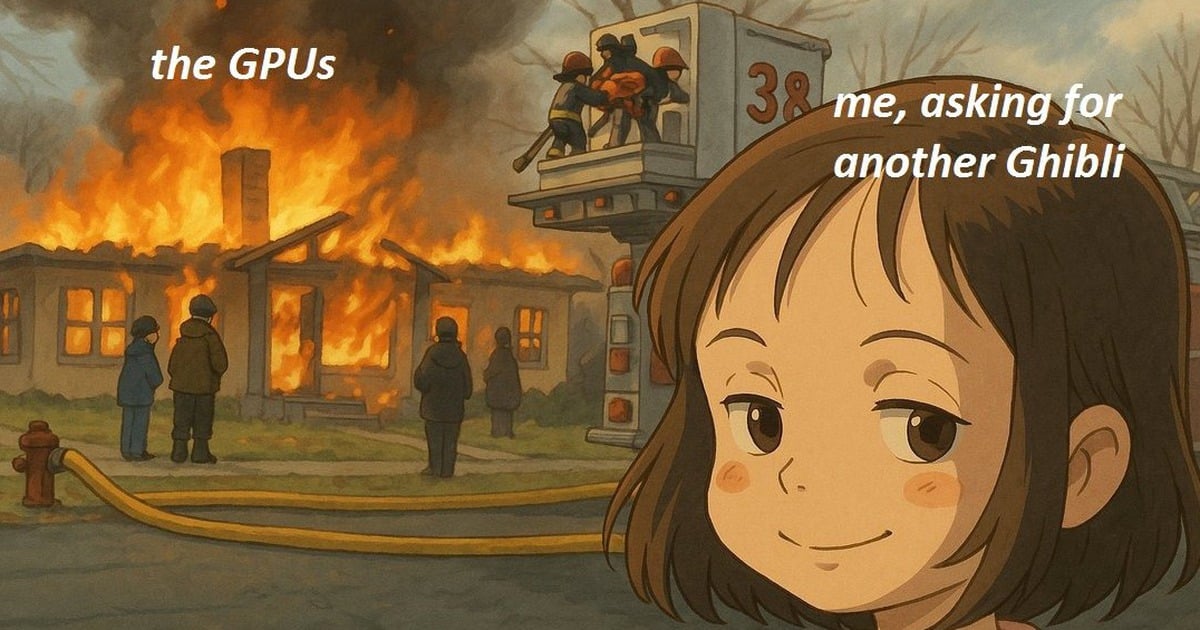Meta says it will begin rolling out Llama 3 in the coming weeks, while Microsoft-backed OpenAI says a GPT-5 version will be “coming soon.”
“We’re working on ways to make these models not just talk, but actually reason, plan, and have memories,” said Joelle Pineau, vice president of AI research at Meta.

OpenAI CEO Brad Lightcap told the FT in an interview that the next generation of GPTs will show progress in solving “hard problems” such as reasoning. “We’ll start to see AI being able to take on more complex tasks in a more complex way.”
Lightcap added that while today's AI systems “do small, one-off tasks very well,” their capabilities are still only “quite narrowly exploited.”
The Meta and OpenAI upgrades are part of a wave of new big language models being released this year by companies including Google, Anthropic and Cohere.
Reasoning and planning are important steps toward what AI researchers call “artificial general intelligence” — human-level cognition that allows chatbots and virtual assistants to complete related task sequences and predict the outcomes of actions.
Current AI systems produce results by stringing together words without actually “thinking and planning,” said Yann LeCun, Meta’s AI research lead. They struggle to solve complex questions or remember information for long periods of time, leading to “stupid mistakes.”
Meta plans to embed the new AI model into WhatsApp and Ray-Ban smart glasses. They are preparing to release Llama 3 in multiple sizes, for different apps and devices in the coming months.
Chris Cox, Meta's product manager, shared examples of Llama 3's capabilities when integrated into smart glasses, such as guiding the wearer through repairing a coffee maker.

Source


![[Photo] Prime Minister Pham Minh Chinh meets with King Philippe of Belgium](https://vstatic.vietnam.vn/vietnam/resource/IMAGE/2025/4/1/be2f9ad3b17843b9b8f8dee6f2d227e7)


![[Photo] Close-up of Vietnam's sniffer dog team searching for earthquake victims in Myanmar](https://vstatic.vietnam.vn/vietnam/resource/IMAGE/2025/4/1/d4949a0510ba40af93a15359b5450df2)
![[Photo] General Secretary To Lam receives King Philippe of Belgium](https://vstatic.vietnam.vn/vietnam/resource/IMAGE/2025/4/1/e5963137a0c9428dabb93bdb34b86d7c)
![[Photo] President Luong Cuong and King Philippe of Belgium visit Thang Long Imperial Citadel](https://vstatic.vietnam.vn/vietnam/resource/IMAGE/2025/4/1/cb080a6652f84a1291edc3d2ee50f631)


























![[Photo] Myanmar's capital in disarray after the great earthquake](https://vstatic.vietnam.vn/vietnam/resource/IMAGE/2025/4/1/7719e43b61ba40f3ac17f5c3c1f03720)
































































Comment (0)